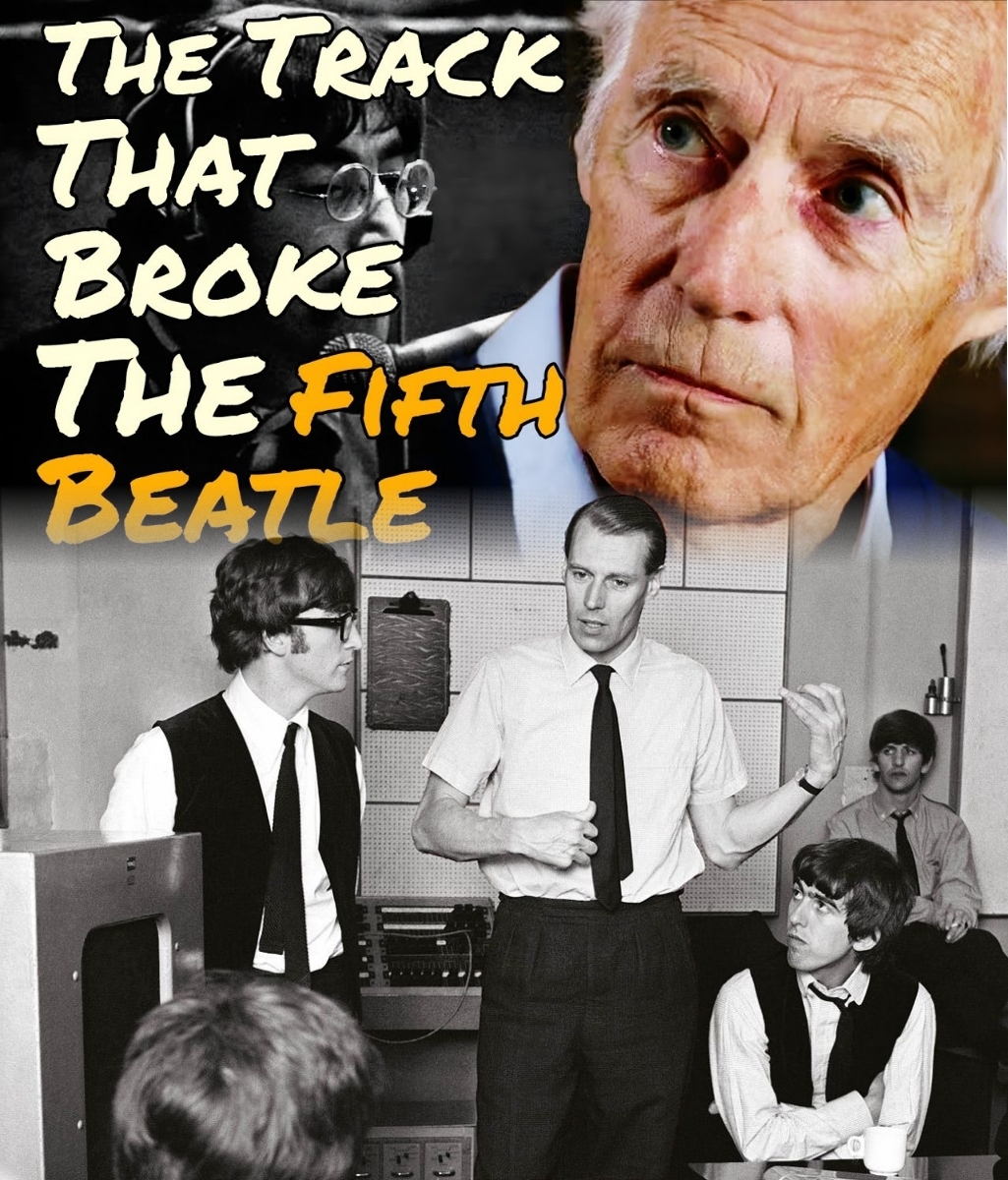
Beyond the Beatles’ Triumphs
When most people speak of The Beatles, the stories that surface are of triumph: the chart-topping singles, the groundbreaking albums, the cultural revolutions that reshaped popular music. Yet beneath that dazzling history are quieter wounds, moments that never fully healed. For George Martin, the producer so often called the Fifth Beatle, one such wound came not from failure, but from a decision that haunted him for the rest of his life. That wound had a name: “Strawberry Fields Forever.”
Lennon’s Restless Vision
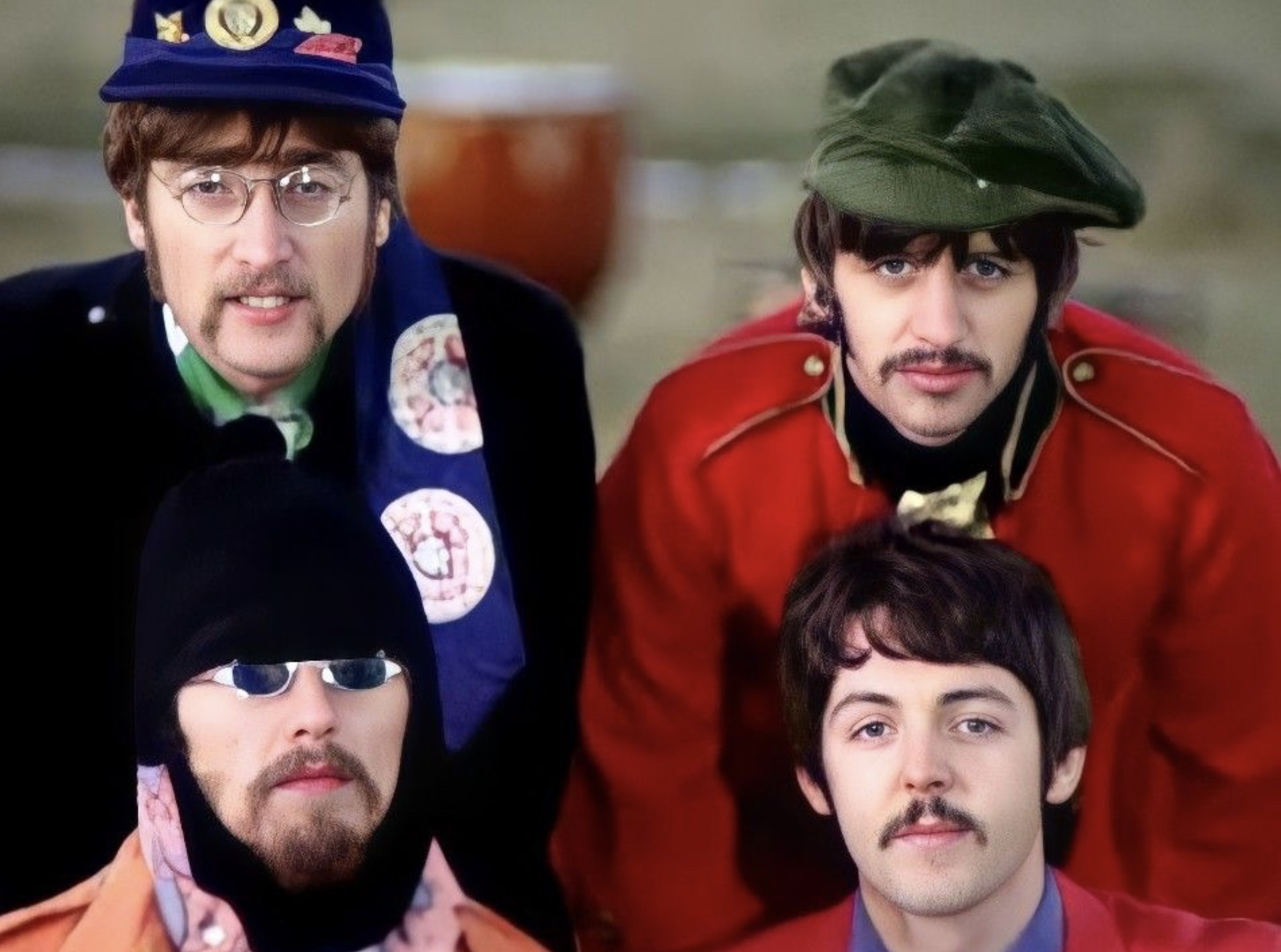
To understand why this song carried such weight, we must return to late 1966. The Beatles had just stepped off the road, retreating from the chaos of touring, the political controversies, and the impossibility of reproducing their studio experiments on stage. With that freedom came pressure: What would they do next?
It was during the filming of How I Won the War in Spain that John Lennon, restless and isolated, began shaping a new song. Drawing on hazy childhood memories and his growing sense of dislocation, Lennon composed “Strawberry Fields Forever.” It was not a rock anthem, nor a pop single in any traditional sense. It was a dream, an unraveling of identity and memory, written in fragments that seemed to drift in and out of reality.
A Producer’s Nightmare and Masterpiece
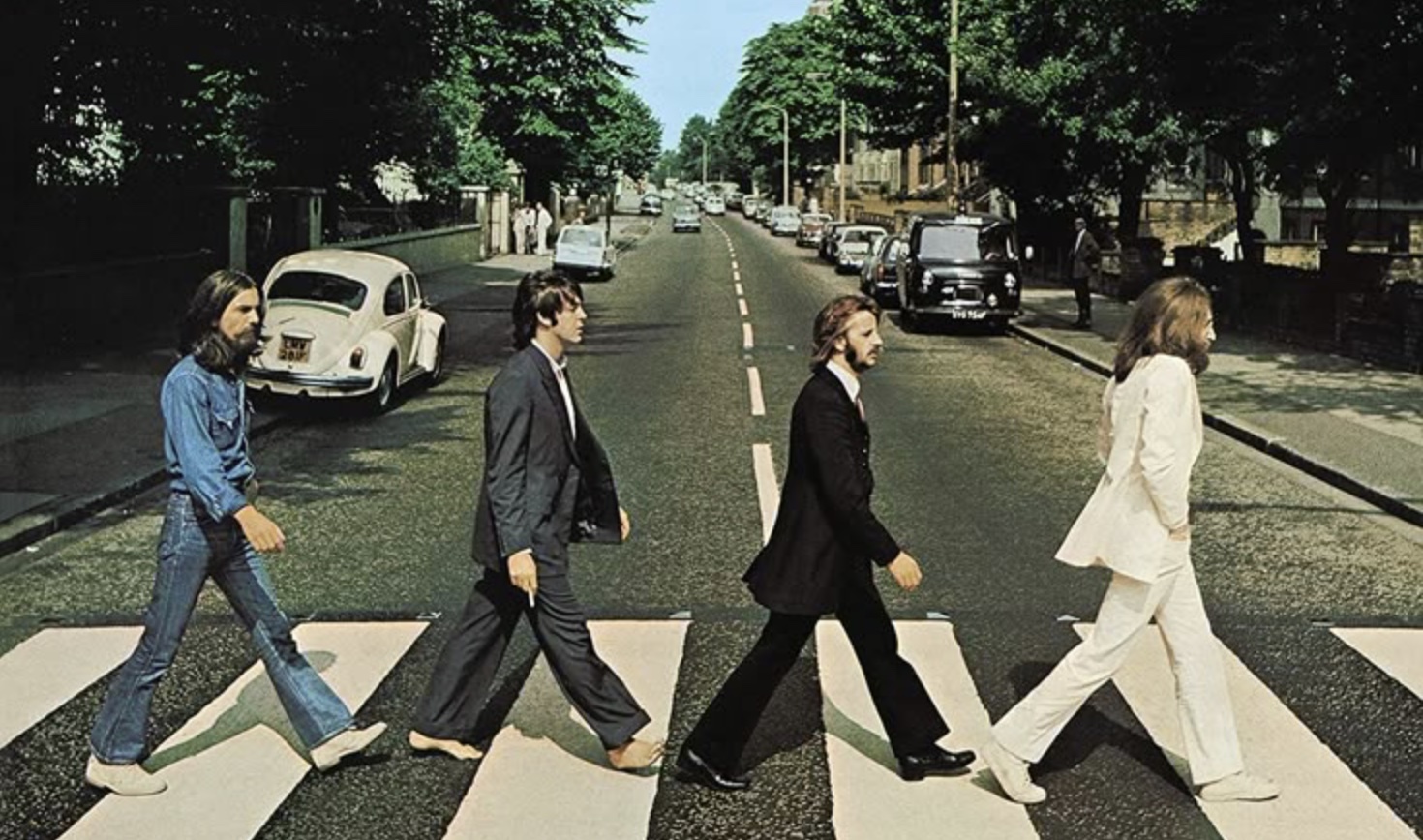
When Lennon brought the song to Abbey Road, it posed one of the greatest challenges George Martin would ever face. Lennon’s early demos were fragile and simple, yet his demands were anything but. One day he wanted the track bare and stripped; the next, he asked for full orchestral grandeur. Take after take piled up, each one a step closer and yet never quite enough.
In the end, two versions emerged — one dark, slow, and atmospheric; the other brighter, faster, and laced with brass and strings. Lennon wanted both. Martin, with his engineers, accomplished the impossible: splicing two recordings in different keys and tempos into a seamless whole. Through tape manipulation and daring innovation, the impossible became hauntingly real. What emerged was a sound unlike anything else in popular music, an audacious blend that captured Lennon’s restless vision.
The Decision That Haunted a Lifetime
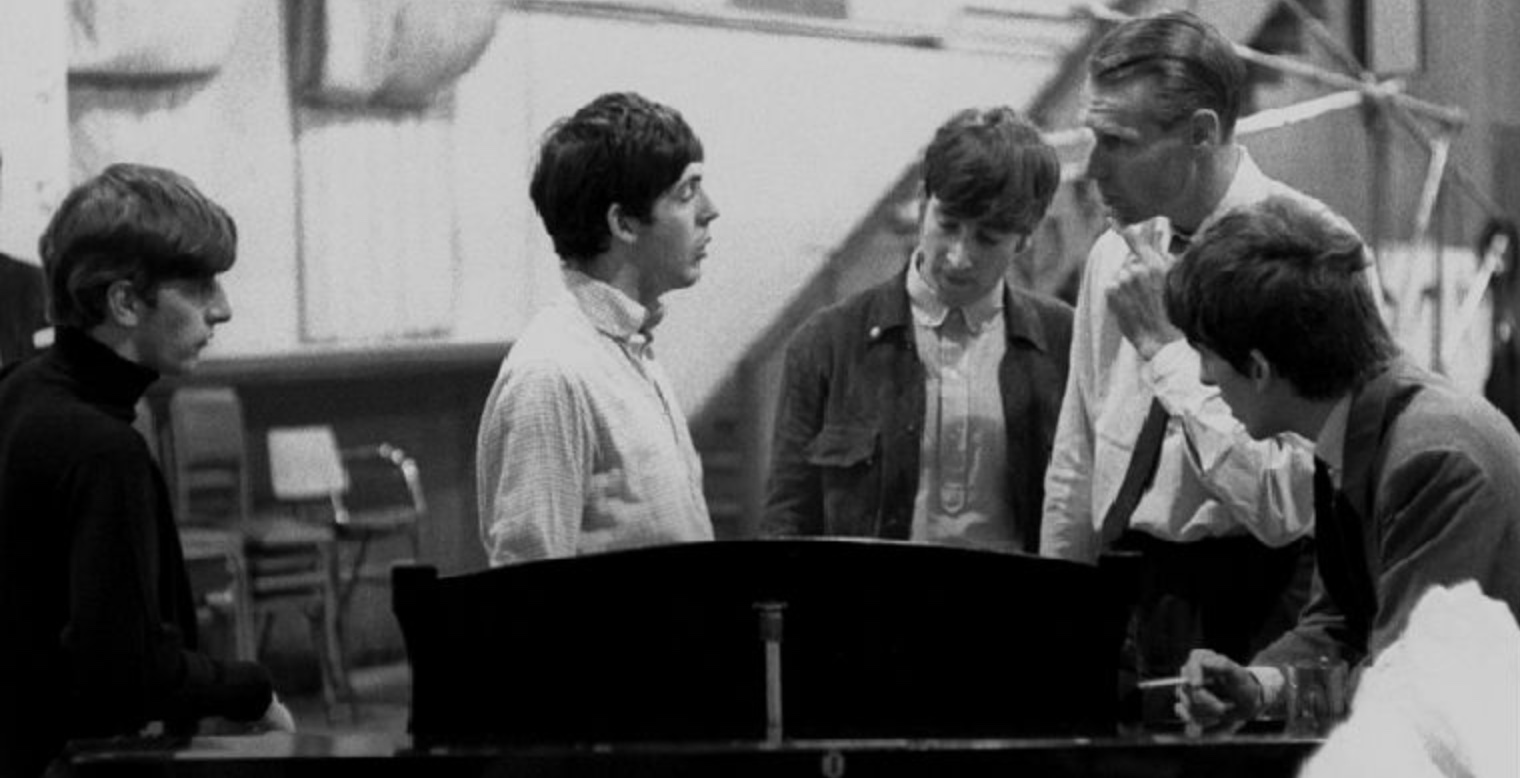
Released in February 1967 as a double-A side with Paul McCartney’s “Penny Lane,” the single stunned listeners. But what came next pierced George Martin deeply. Weeks later, The Beatles began recording what would become Sgt. Pepper’s Lonely Hearts Club Band, hailed by many as the greatest album in history. Neither “Strawberry Fields Forever” nor “Penny Lane” was included.
Under pressure from EMI to release a single and keep the band in the charts, Martin had agreed to let them go. Decades later, he would call this the worst decision of his professional life. “It was like tearing the heart out of the album before it was even born,” he admitted.
Why It Hurt So Much
The wound was not about chart positions — though, tellingly, the single failed to reach number one in the UK, beaten by Engelbert Humperdinck’s “Release Me.” What devastated Martin was the sense that history had been shortchanged. He knew “Strawberry Fields Forever” was Lennon’s masterpiece, the very spirit of psychedelia crystallized in sound. To leave it off Sgt. Pepper felt, in his words, like a betrayal of the vision.
For Martin, the song was not just a triumph of engineering; it was the soul of an era. And by relegating it to a single, he felt he had diminished its place in the story they were building together.
The Song That Outlived Its Regret
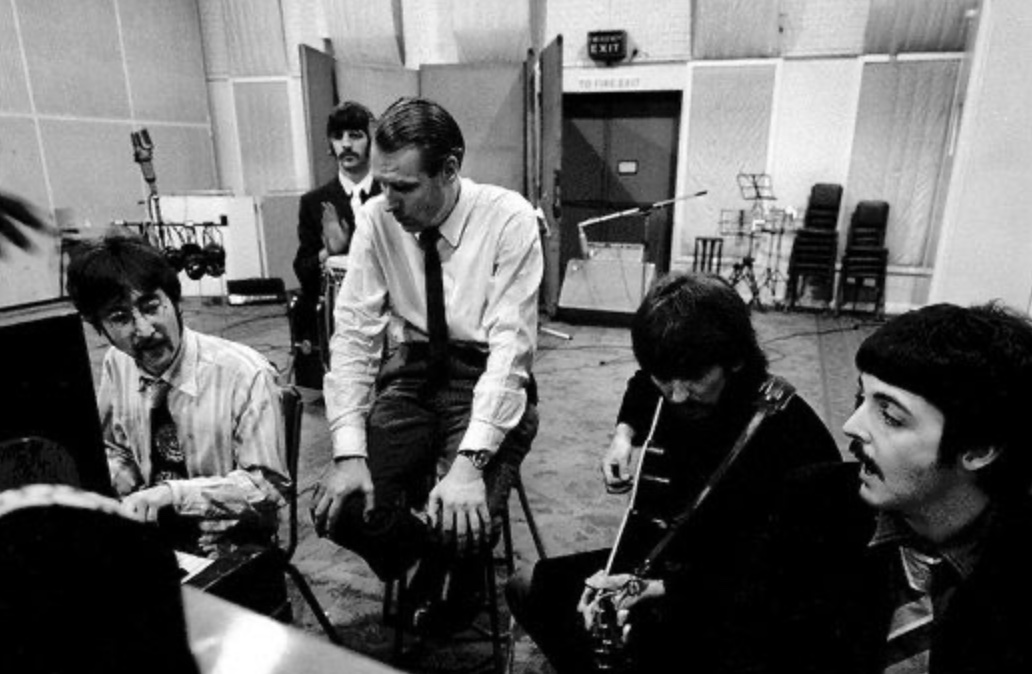
Over time, the world came to see the truth Martin already knew. Critics now regard “Strawberry Fields Forever” as one of The Beatles’ greatest achievements — a song that stretched the boundaries of recording technology and gave its first glimpse into Lennon’s fragmented, deeply personal songwriting. Many even argue it was the true beginning of Sgt. Pepper, the experiment that made the album’s brilliance possible.
Yet for George Martin, the regret never fully faded. He could speak with joy about the creativity, the breakthroughs, the privilege of working with the greatest band in history. But when “Strawberry Fields Forever” came up, his tone shifted. He called it brilliant, haunting, one of their finest works — and one of his deepest personal regrets.
In the end, perhaps the paradox is this: the very decision that wounded George Martin also magnified the legend of the song. “Strawberry Fields Forever” stands apart, timeless and untethered, a haunting reminder of both the genius of The Beatles and the fragile choices that shape history.